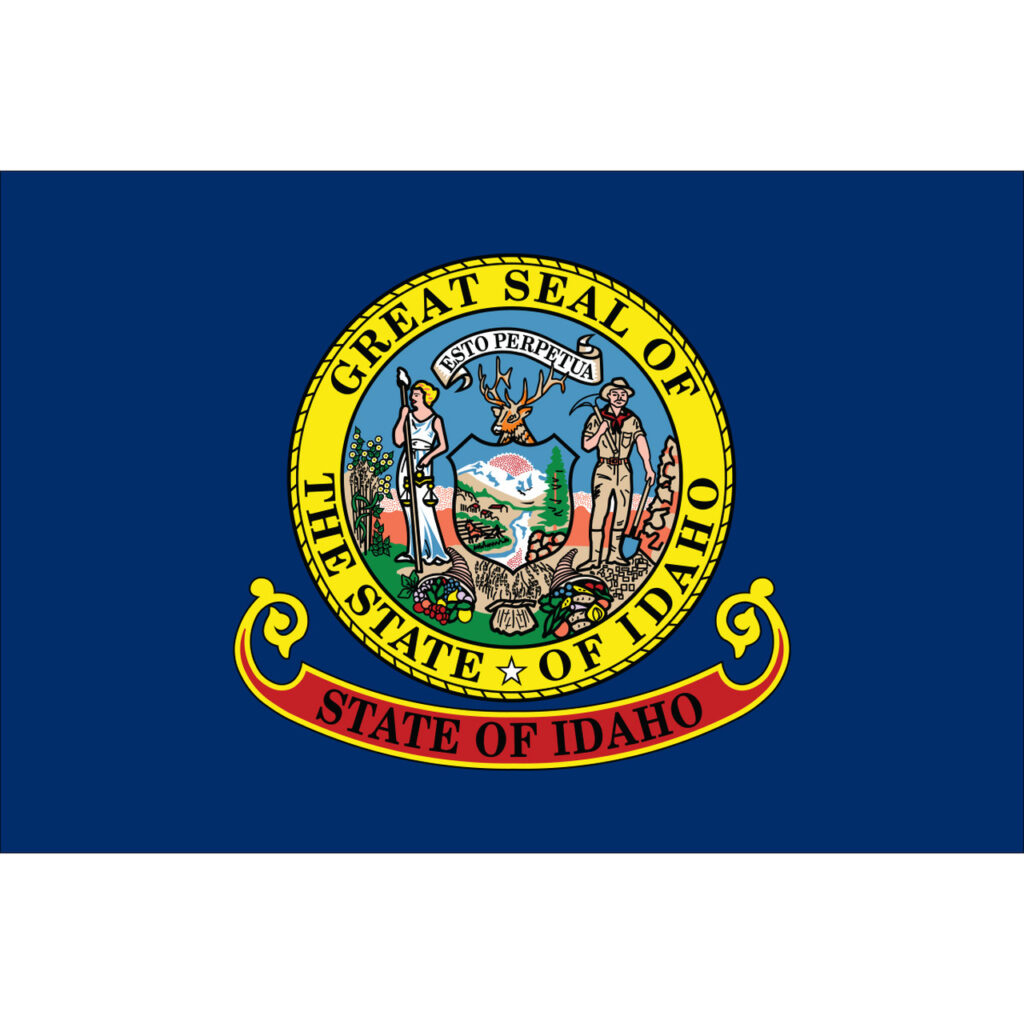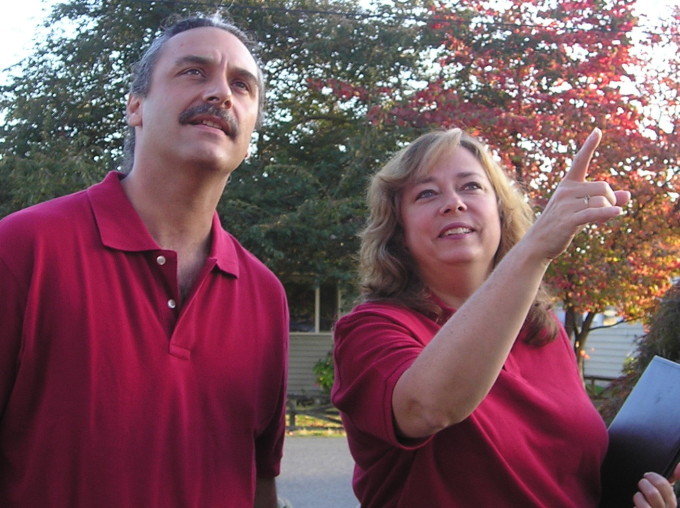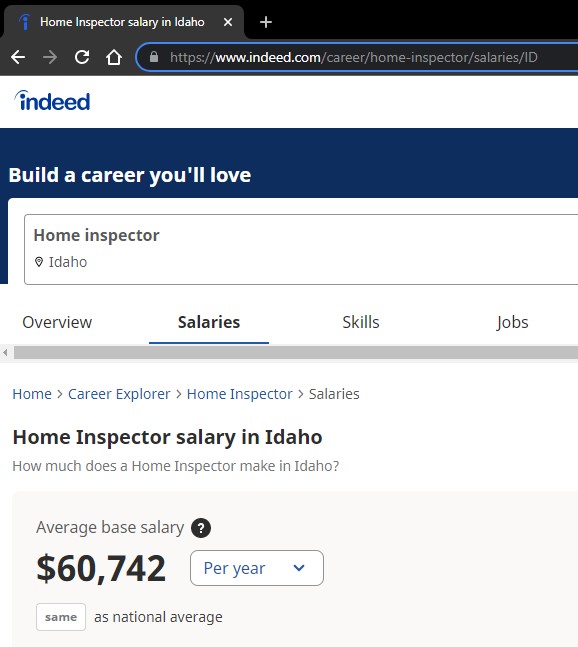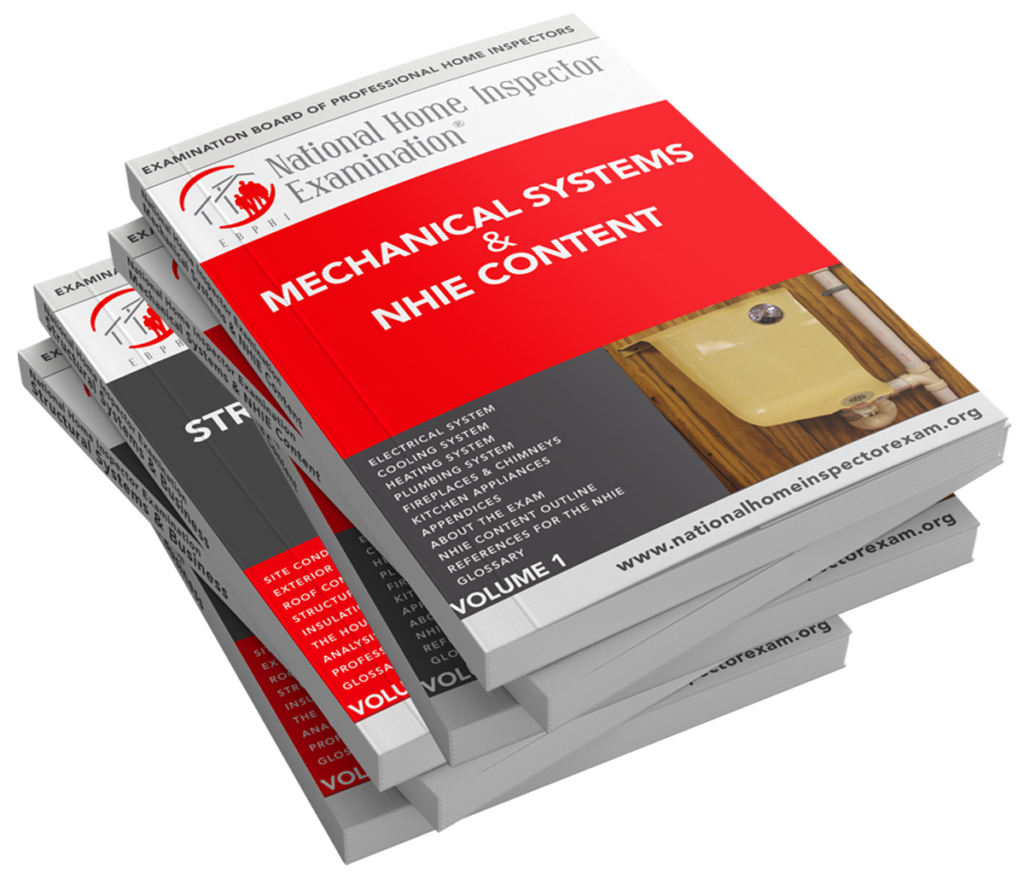
At the SCHOOL OF PROFESSIONAL HOME INSPECTION, the Fundamentals of Home Inspection program is recognized as one of the most demanding courses in the country. The classes are conducted using a hybrid model, where some students attend in person while others participate through live Zoom sessions. This provides a unique opportunity for direct interaction with teachers and fellow students, offering the best chance for success in this rewarding career.

This extensive training program covers a wide range of professional practices, including Standards of Practice, Business Practices, Legal Issues, Client Communications, and more. In addition, there are fourteen Technical Subjects, such as Structural Components, Exteriors, Roofing, Plumbing, Electrical Systems, and nine others.
The course also covers special subjects, including Common Building Codes, Product Quality, Safety Issues, Environmental Conditions, Hazardous Materials, and a review of Inspection Tools and Techniques. Upon completing this intensive two-week program, you will be well-prepared for a successful and lucrative career in home inspection.
Moreover, if you desire a multi-state inspection firm license, this course is recognized and approved for State Licensure in both Washington and Oregon.
What is the Home Inspector Salary in Idaho?The average salary for a home inspector in Idaho is over $60,000.
(as of 02/22/22, Source indeed.com)

FUNDAMENTALS OF HOME INSPECTION | $2,500
All SOPHI courses are taught via zoom, live lectures in real-time. Classes are twelve 10-clock hour sessions with a special emphasis on Inspection Laws, Standards of Practice (SOP), and practical inspection techniques. Our courses are taught by local, experienced Home Inspection Professionals who are ready to help you succeed. This intensive State-Certified course fulfills the requirement to take the National Home Inspection Exam (NHIE).
Is there any financing available?
The class schedule is structured as follows: 7:30 a.m. to 4:30 p.m. from Monday to Saturday, with Sundays off. The final week also follows the same timing, from Monday to Saturday, concluding the course.

Get a head start on your learning by checking out our study guide. Although classes are conducted via Zoom, the code check series books will be delivered electronically after the class starts. Studying ahead will help you become more familiar with the materials and better prepared for the course.
There is an optional textbook available from NHIE, the print version is priced at $259.00. However, as a benefit to our paying students, you can purchase the E-book version for just $125.
Be sure to check out our recommended tools in our Amazon store:
The minimum tools you will need include:
- high-quality respirators
- good flashlight
- camera
- moisture meter
- outlet tester
- minimal hand tools (screwdrivers, nut drivers, etc.)
- ladder
- safety gear, (eye protection, gloves, shin guards, jumpsuit)
- computer/software
- vehicle (think gas mileage)
During a particularly busy month, I spent $750 solely on fuel while using my original gas-hog van for inspections. However, when I switched to a more fuel-efficient vehicle and doubled my gas mileage, the savings covered the cost of the newer van. Consider the benefits of an efficient vehicle.
Other nice to have tools include:
- thermal camera (I like the Flir line of cameras)
- drone (DJI makes great drones)
- electrical multimeter (you can’t go wrong with an entry-level Fluke meter)
I would consider buying these later, but I love all of these tools.
While most inspectors work for themselves, there are opportunities to work with multi-inspector firms and franchises. Be sure to read any offer to work for another company very carefully. We recommend you have this offer reviewed by an attorney.
HUD
U.S. Department of Housing and Urban Development has several kinds of inspections. See the link above.
Sewer Scopes
This can be a lucrative business to run along with home inspections. It is an easy sell, I tell my clients that their sewer “is the most expensive thing I can’t see”.
Energy Audit
An energy audit is an inspection survey and an analysis of energy flows for energy conservation in a building. It may include a process or system to reduce the amount of energy input into the system without negatively affecting the output.
A home energy audit helps individual homeowners find out their residential consumption and energy flow. An audit is useful to determine areas of your home where there is energy loss and by identifying where power usage may be curbed to earn savings.
We are approved by the Veterans Affairs Administration as an eligible provider for Veteran education benefits. (GI bill)
Have more questions? Be sure to read our FAQ, or call us, we love to talk about home inspection careers.


